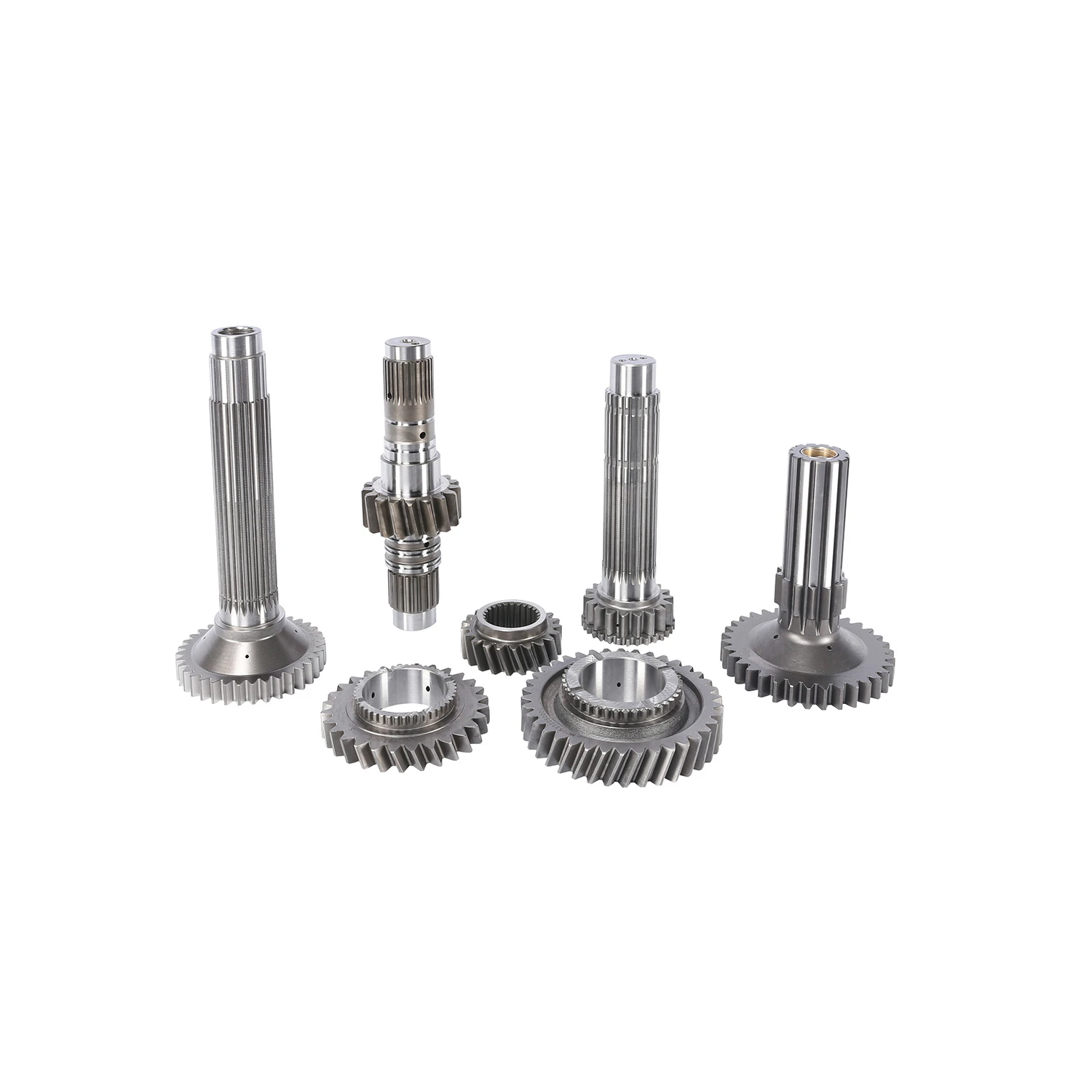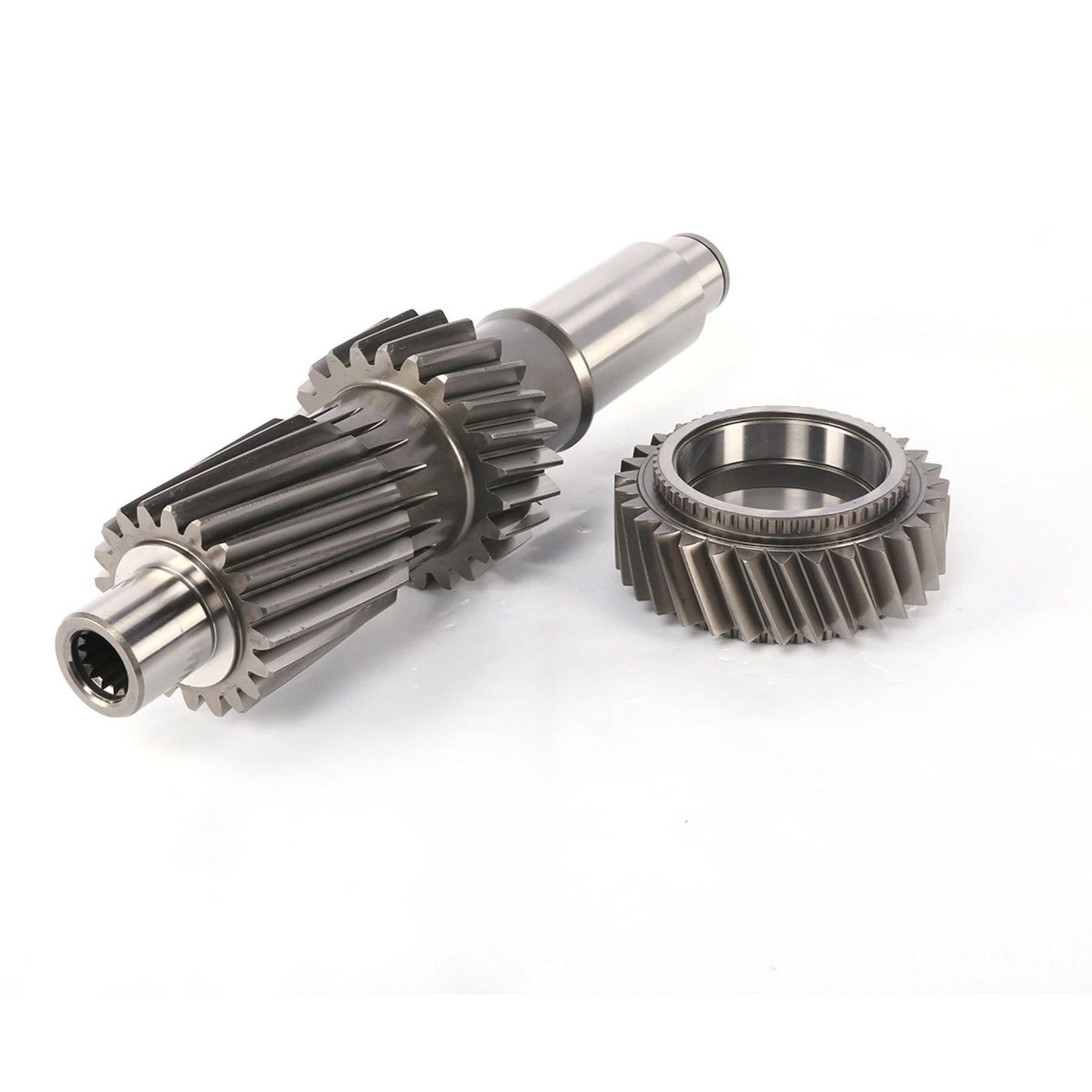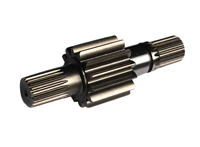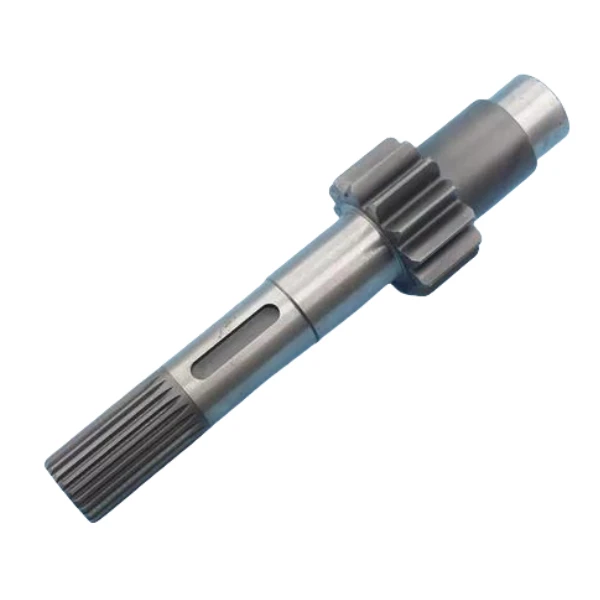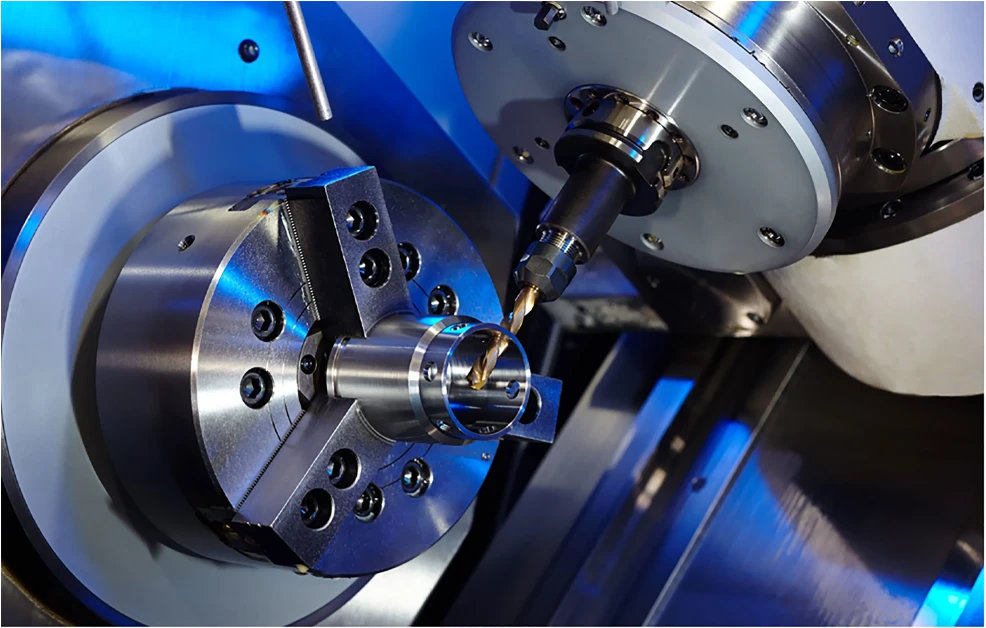The Thriving Ecosystem of Tractor Trade and Equipment
The agricultural and industrial machinery sector is experiencing remarkable growth, and at the heart of this expansion lies the trade and supply of tractors. A complex network of entities, ranging from local tractor dealers to international tractor exporters, and specialized tractor equipment companies like tractors and farm equipment limited, work in tandem to meet the diverse needs of farmers, contractors, and industries worldwide. The role of platforms such as tractor trader further streamlines the buying and selling process, making it easier for businesses and individuals to access the equipment they require.
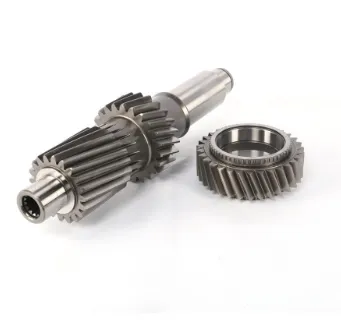
The Vital Role of Tractor Dealers in the Market
Tractor dealers serve as the primary point of contact for customers looking to purchase new or used tractors. These dealers are spread across regions, acting as local hubs for tractor sales, service, and support. They maintain a diverse inventory, stocking tractors from various manufacturers to cater to different budgets and requirements. For instance, a small - scale farmer in a rural area might visit a local tractor dealer to find a compact, affordable tractor suitable for small - plot cultivation. Dealers not only sell tractors but also offer after - sales services such as maintenance, repair, and parts supply. Their expertise in the products they sell helps customers make informed decisions, ensuring that the tractor they choose is well - suited to their specific tasks, whether it's plowing fields, hauling heavy loads, or operating attachments.
Tractor Exporters: Connecting Global Markets
Tractor exporters play a crucial role in facilitating international trade in the tractor industry. They bridge the gap between manufacturers in one country and buyers in another, enabling the global distribution of tractors. These exporters have in - depth knowledge of international trade regulations, logistics, and market demands. For example, a manufacturer in India might partner with a tractor exporter to reach markets in Africa or Southeast Asia. Exporters handle tasks such as product certification, shipping arrangements, and customs clearance, ensuring that tractors reach their destination smoothly and legally. By tapping into international markets, tractor exporters not only help manufacturers expand their customer base but also provide buyers around the world with access to a wider range of tractor models and brands that might not be available locally.
Tractor Equipment Companies: Pioneering Innovation and Service
Tractor equipment companies, including specialized firms like tractors and farm equipment limited, contribute significantly to the development and evolution of the tractor industry. These companies are involved in multiple aspects, from manufacturing and selling tractors to developing advanced tractor - related equipment and accessories. They invest in research and development to create tractors that are more efficient, powerful, and environmentally friendly. For example, some tractor equipment companies focus on developing electric or hybrid tractors to reduce emissions and operating costs. Additionally, they offer a wide range of services, such as equipment leasing, training programs for operators, and consulting services on farm mechanization. Their comprehensive approach helps customers optimize their tractor usage and overall productivity in agricultural and industrial operations.
Tractor Trader Platforms: Transforming the Buying and Selling Landscape
Tractor trader platforms have emerged as game - changers in the tractor trade industry. These online marketplaces provide a convenient and efficient way for buyers and sellers to connect. Sellers, whether they are tractor dealers, individual owners, or tractor exporters, can list their tractors and equipment on these platforms, reaching a much larger audience compared to traditional offline methods. Buyers, on the other hand, can browse through a vast inventory of tractors from different locations, compare prices, specifications, and features, and make informed purchasing decisions. Tractor trader platforms also often include features such as customer reviews, financing options, and transportation arrangements, further simplifying the buying process. This digital transformation has made it easier for both small - scale buyers and large - scale commercial entities to access the tractors and equipment they need.
FAQs about the Tractor Trade and Equipment Industry
How can I choose the right tractor dealer?
When selecting a tractor dealer, consider factors such as their reputation, the range of tractors they offer, and the quality of after - sales service. Look for dealers with positive customer reviews and a track record of providing reliable products and support. Ensure that the dealer stocks tractors from reputable manufacturers and offers a good selection of models suitable for your needs. Additionally, inquire about their service facilities, availability of spare parts, and the expertise of their technicians to ensure that your tractor can be maintained and repaired easily.
What are the key considerations when working with a tractor exporter?
When dealing with a tractor exporter, it's important to verify their credibility and experience in international trade. Check their compliance with relevant export regulations and their ability to handle logistics and documentation smoothly. Understand the terms of the export contract, including payment methods, delivery timelines, and warranty policies. It's also advisable to research the market demand for the tractors you are importing to ensure that they are suitable for your local customers and can be sold profitably.
How do tractor equipment companies stay innovative?
Tractor equipment companies, including those like tractors and farm equipment limited, stay innovative through continuous research and development. They invest in studying emerging technologies, customer needs, and industry trends. Collaborations with research institutions, universities, and other industry players also play a role in driving innovation. By listening to customer feedback and adapting to changing market requirements, these companies can develop new tractor models, features, and accessories that enhance performance, efficiency, and sustainability.
Are tractor trader platforms safe for transactions?
Reputable tractor trader platforms take measures to ensure the safety of transactions. They often have secure payment gateways, verification processes for buyers and sellers, and dispute - resolution mechanisms. However, it's still important for users to exercise caution. Before making a purchase, thoroughly research the seller, read the terms and conditions of the platform, and communicate clearly with the seller regarding the product's condition, delivery, and warranty. When selling, be cautious about sharing personal and financial information and use the platform's recommended payment methods to minimize risks.
What factors affect the price of tractors in the market?
Several factors influence the price of tractors. The brand and model of the tractor, its age and condition (for used tractors), engine power, included features and accessories, and the overall demand and supply in the market all play a role. New tractors from well - known manufacturers with advanced technologies and features tend to be more expensive. Additionally, factors such as currency exchange rates, import duties (in the case of imported tractors), and transportation costs can also impact the final price paid by the customer.
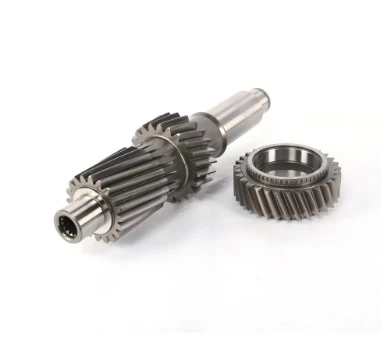
In the world of heavy - duty construction, the seamless operation of machinery is crucial for large - scale projects.
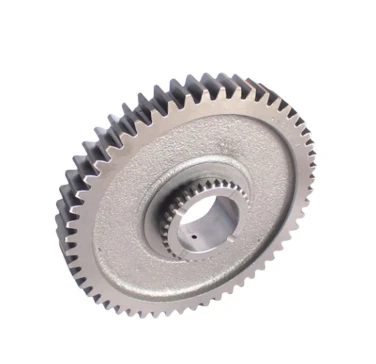
The world of tractors is vast and varied, catering to both practical agricultural needs and the passionate interests of collectors.
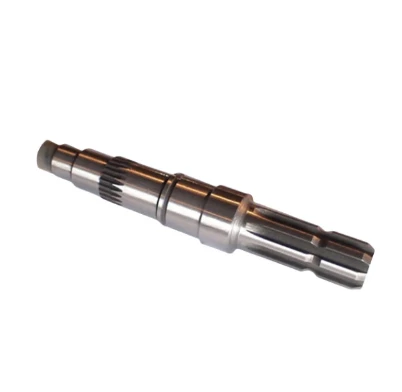
The agricultural and construction machinery landscape is constantly evolving, with tractors standing as essential workhorses for a variety of tasks.
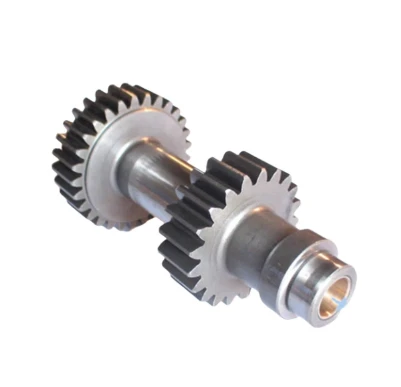
In the intricate world of mechanical engineering, gears are fundamental components that enable the seamless transfer and manipulation of power.
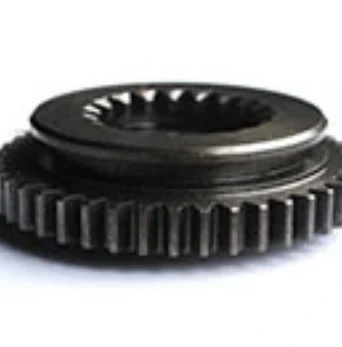
The market for tractors is a bustling hub, catering to a wide range of needs from large - scale farming operations to small - scale gardening projects.
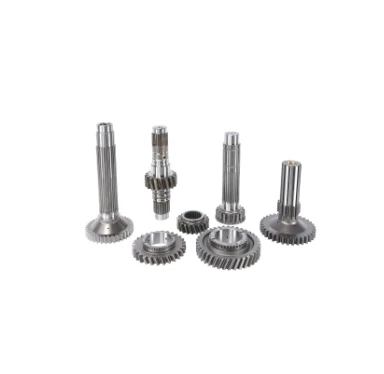
In the dynamic world of farming, machinery has become an essential part of efficient and productive operations.
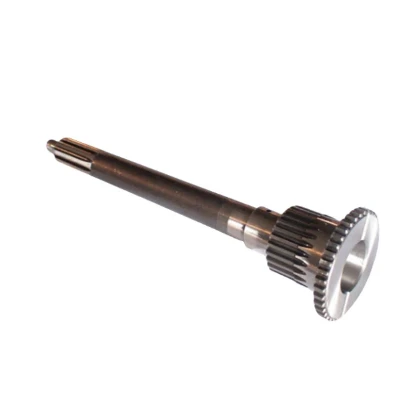
In the expansive realm of agriculture, various tools and machines play crucial roles in ensuring efficient crop production and overall farm management.
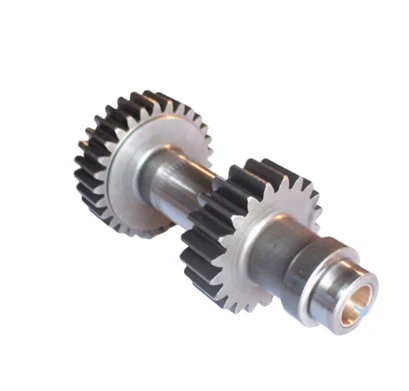
Tractors are essential workhorses in the agricultural and construction sectors, playing a pivotal role in a wide range of tasks.
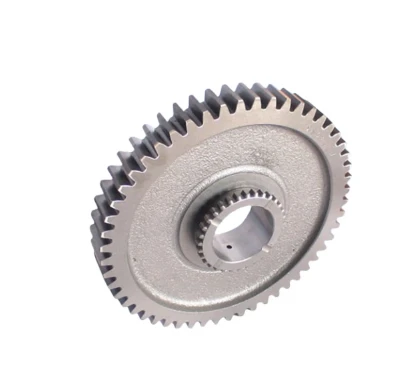
The agricultural and construction sectors rely heavily on tractors for their operations, and the entities involved in the production, distribution, and pricing of these machines shape the industry's trajectory.
International layout
Spread all over the world
our products are exported to various parts of the world. Currently, our products have been exported to more than 40 countries Our products cover Asia, Europe, Africa, South America, North America, and Oceania
Sign up
for Newsletter
Subscribe to the weekly newsletter for all the latest updates


